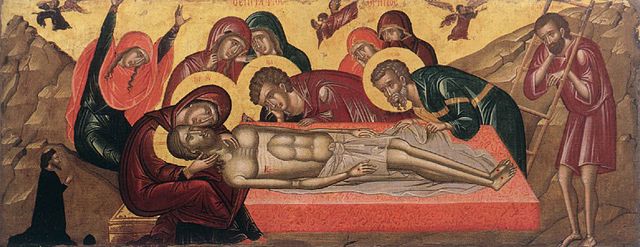Back in December, I had the opportunity to participate in a roundtable for Christianity Today about the prospects and limits of social networking for churches. Here’s my opening:
Login to read more
Sign in or create a free account to access Subscriber-only content.
